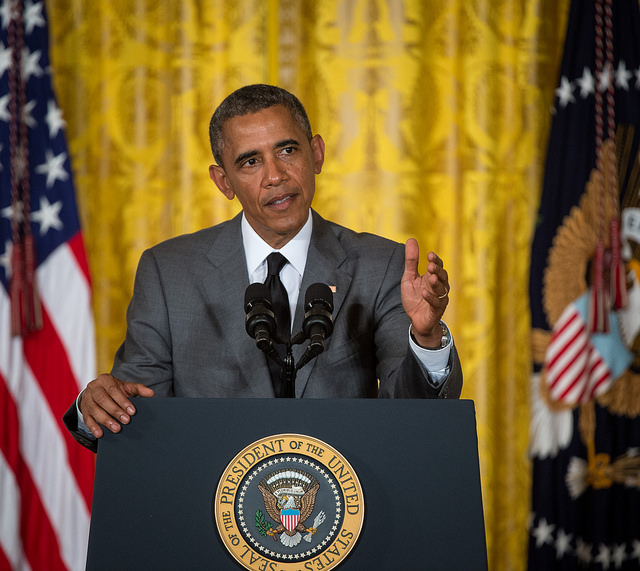The CourtHack hackathon is an initiative by the National Center for State Courts in Utah and HackerNest. The purpose is to address the growing digital divide between information from the legal system (law enforcement, legal representation) and the court system (trials cases, judges, courthouses) that needs to access it.
The recent Netflix documentary Making a Murderer demonstrates how the inability to easily access data and communicate with the court system can contribute to systemic failures. Popular television shows aside, there is continuous talk about the failures of our justice system. Punishment is not deterring future crimes; there are far too many police officers in certain neighborhoods and not enough in others. According to UTNews, non-violent criminals are being incarcerated at alarming rates, producing a 60% chance that they will go back to prison once released. Although there are many reasons why these issues are plaguing our justice system, all experts agree that the current strain on the court system to meet the public needs is a threat to our rights to fair and speedy trials.
CourtHack seeks to use hackathons to create innovative and efficient solutions to flaws in the U.S. justice system. As one of the first ever court-related hackathons, CourtHack hopes to serve as a symbol of how the legal system and technology can be brought together to produce positive results.
Approximately 100 participants will form teams and compete for sizeable cash and non-cash prizes, mentorship opportunities, key meetings with industry decision-makers, and a demo spot at a major court technology conference. The event is completely free, although there is a $20 registration fee that will be refunded when you arrive on the day of the event. The hackathon will take place at:
Matheson Courthouse
450 State Street
Salt Lake City, UT
Legal minds, technologists, entrepreneurs, and concerned citizens are encouraged to compete in this epic, 22-hour hackathon. There will be an expert panel of judges that range from court administrators to judges to CIOs from around the country.
CourtHack Challenges
The team at CourtHack has made a set of challenges meant to inspire teams to build the things that will have an immediate benefit on people’s lives. Teams are not limited by the challenges; they are meant to inspire and shape the understanding of the needs that currently exist.
1. Accountability: Predictive Analytics to Target Court Oversight
Courts are supposed to oversee estate assets, including those that are willed over to family members. There are instances where a guardian may be presumed to be stealing money from the person that they are supposed to protect, but the court may be backed up with other cases. Lack of time and lack of resources makes this process difficult to manage. Therefore, there is an opportunity for technology to better manage these cases, and make abuses of the system more transparent.
2. Public Access to Justice: Apps, Tools, and Processes to improve access to justice and allow the public to resolve disputes efficiently
The court system is terribly behind in web technologies. This means that simple things such as paying a fine, or showing proof of license or insurance for a ticket are not usually possible via the web. Simple mobile applications that would enable citizens access to complete these transactions would dramatically improve the speed and efficiency of the court.
3. Legal Speed: Remote dispatch of emergency protection orders
Speeding up the flow of court information to and from the public is a major need. Circumstances such as domestic violence and abuse would be greatly facilitated if there were an easy way to send information to law enforcement and the court system. Getting restrictive orders can take time do to the need to present information in court. An application that would allow this data to be sent over the web, along with video conferencing with expedite this process.
4. Wild Card: Gaps in the Court System
There are many existing gaps in our legal system that could be aided by technology. Minor issues that are currently being handled in court may be able to be done remotely if there was a web portal and mobile app for access. Even the need to ask questions to the court could be facilitated by web technologies. There is a lot of opportunity to help make the court system more efficient in its ability to serve the public and fulfill its duties.
Article via University of Texas News, 1 June 2015; The New York Times, 12 March 2012
Photo via CourtHack




